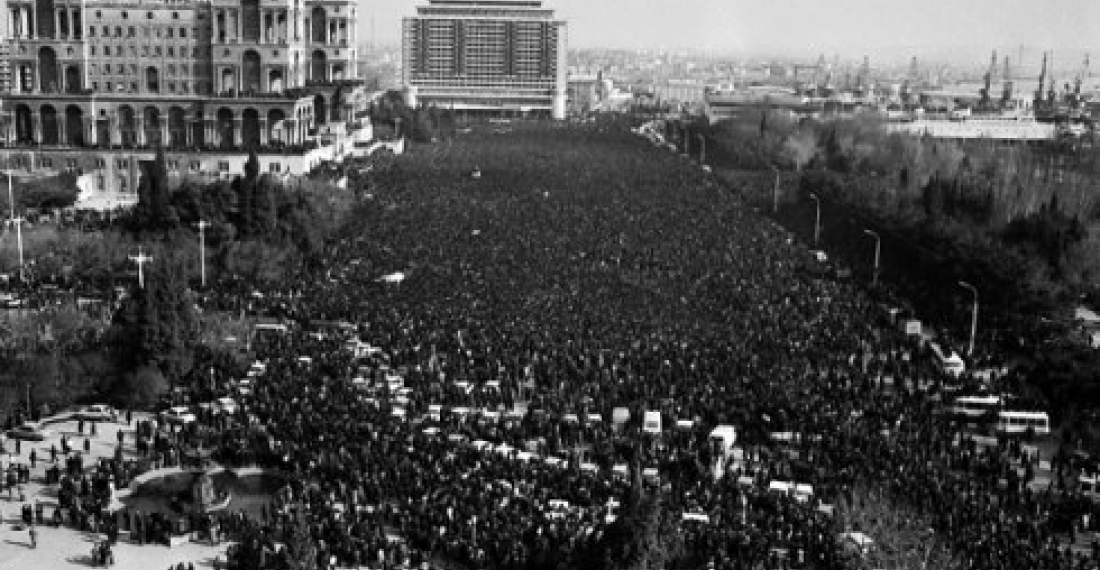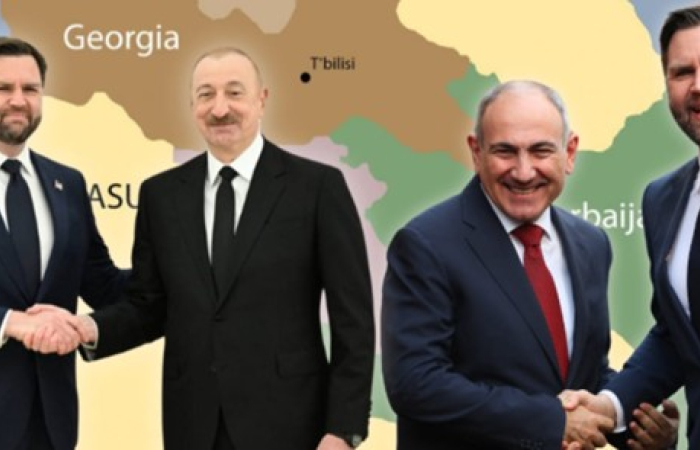Azerbaijan today marks the 27th anniversary of Black January.
In response to mass public protests led by a national independence movement, on 19 January 1920 the Soviet leadership declared a state of emergency in the city of Baku. On the night of 19/20 January 1990 Soviet troops entered Baku and conducted indescriminate killing against unarmed Azerbaijani civilians. Some 26000 troops equipped with heavy military equipment such as tanks stormed the city of Baku. The heavy-handed crackdown resulted in indiscriminate killing of 137 civilians with more than 800 injured and many others went missing. (Some figures say that the number of those killed was in fact much higher). The Soviet army also attacked the state TV building, cutting off the power supply in an attempt to prevent the dissemination of news to the international community.
20 January was a defining moment in Azerbaijan's quest for statehood and independence. It shook Soviet rule in Azerbaijan and led to the regaining of independence on 18 October 1991.
In its report at the time, the organisation Human Rights Watch said "the violence used by the Soviet Army on the night of January 19-20 was so out of proportion to the resistance offered by Azerbaijanis as to constitute an exercise in collective punishment. ...the punishment inflicted on Baku by Soviet soldiers may have been intended as a warning to nationalists, not only in Azerbaijan, but in the other Republics of the Soviet Union".
The Wall Street Journal editorial of January 4, 1995 stressed that the then Soviet leader Gorbachev chose to use violence against "independence-seeking Azerbaijan." Later on, in 1995 Gorbachev apologised to Azerbaijan by stating: "The declaration of a state emergency in Baku was the biggest mistake of my political career".
source:commonspace.eu







